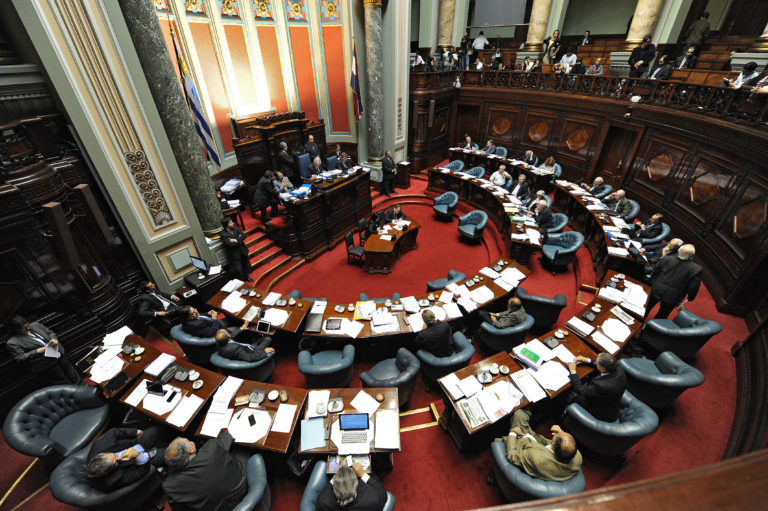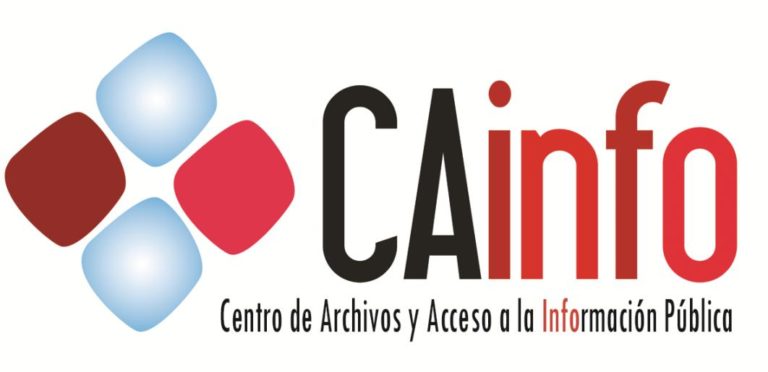(AMARC/IFEX) – The following is an 8 May 2007 AMARC press release: APU and AMARC satisfied with revocation of licenses of four commercial radio stations, but concerned over procedures for allocating licenses to new applicants Uruguay, 8 May 2007 – The Uruguayan Press Association (Asociación de la Prensa Uruguay, APU) and AMARC wrote a letter […]
(AMARC/IFEX) – The following is an 8 May 2007 AMARC press release:
APU and AMARC satisfied with revocation of licenses of four commercial radio stations, but concerned over procedures for allocating licenses to new applicants
Uruguay, 8 May 2007 – The Uruguayan Press Association (Asociación de la Prensa Uruguay, APU) and AMARC wrote a letter to President Tabaré Vázquez and other officials to express their support for the recent decision to revoke the broadcasting licenses of four commercial radio stations belonging to Grupo Rupenián, and to comment on the calls recently issued by the government for applications for FM licenses in the country’s interior.
Representatives of the two media organisations expressed their “satisfaction” with the revocation of licenses belonging to Grupo Rupenian, following a process that they felt “respected the indispensable safeguards of a state governed by the rule of law.”
Since the end of 2005, various media groups and other stakeholders urged the government to make a decision regarding the revocation of these licenses, in light of the serious findings of the General Tax Office (Dirección General de Impositiva) that these licenses had been used by their holders to defraud the government itself, which had subsidised their activities.
In the letter, the organisations went on to observe that “the airwaves are a public asset” that should be used to serve the public interest. Therefore, APU and AMARC ask that, before the airwave frequencies are re-assigned, there be careful consideration as to the best use to which they might be put, “in accordance with a new national communications policy.”
Both organisations ask that the licenses be reserved for non-profit use, whether by community, public or cooperative media organisations, and that the needs of the employees of the radio stations losing their licenses be taken into consideration when the various proposals are assessed.
The letter also expresses concern regarding the government’s calls for license applications in various towns in the country’s interior. APU and AMARC are concerned that the process of granting licenses is still overly open to discretion and therefore to political abuse, such as the rewarding of licenses to supporters of government or the withholding of licenses from its critics. Both called for the implementation of transparent, equitable procedures that comply with the highest international standards. Without such changes to current regulations and practice, APU and AMARC believe that freedom of expression and the right to access information will not be adequately guaranteed.
APU and AMARC therefore asked that the calls for broadcast license applications be postponed until new procedures are established, and they recommended that the process entail broad public consultation and the involvement of civil society groups.


